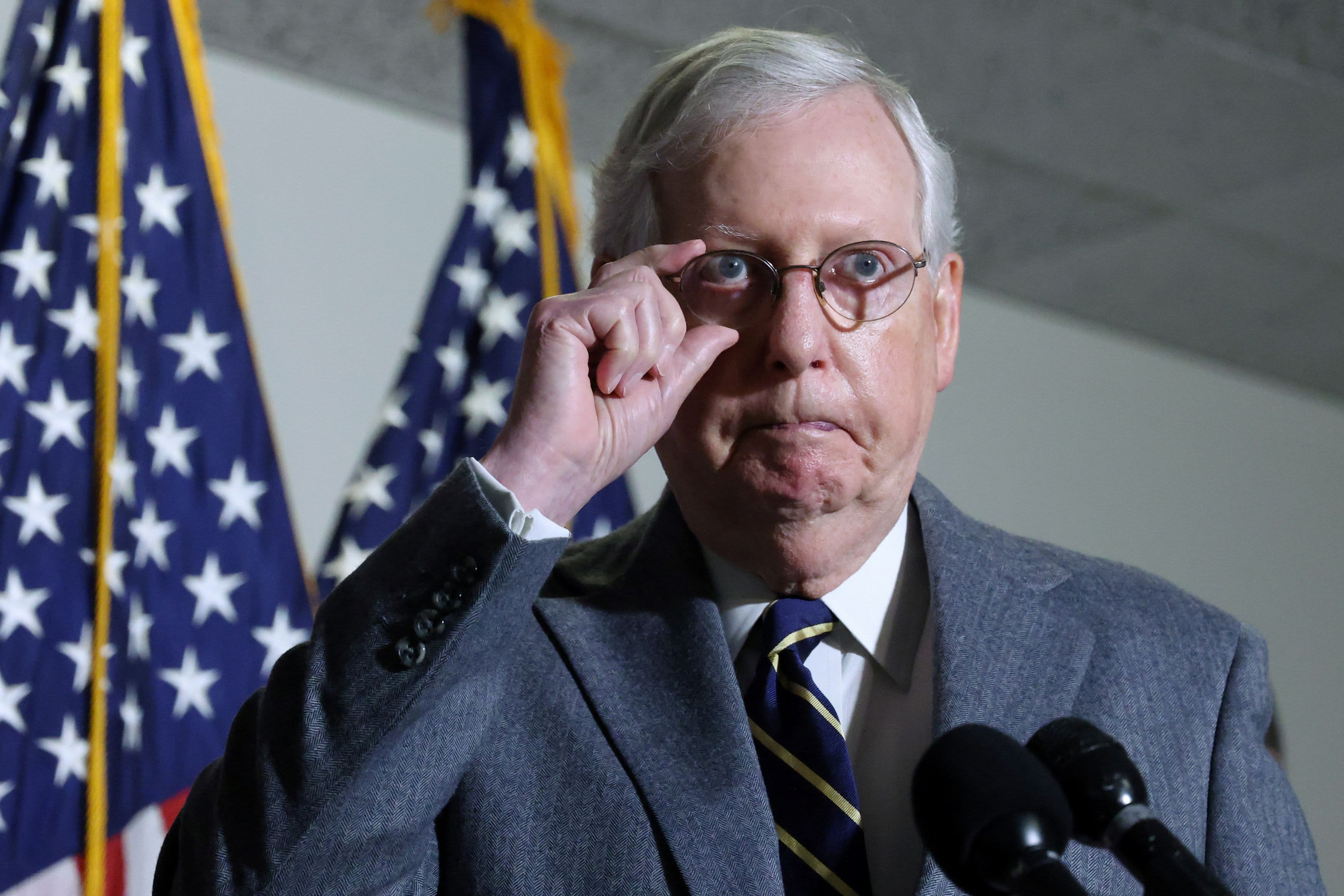Jennifer Murphy-Connolly has a message for lawmakers on Capitol Hill unable to agree on a coronavirus relief bill: “You know what? Just figure it out.”
The owner of the Art and Craft salon in Norwood, Massachusetts, has been working overtime to avoid becoming a statistic: among the 37% of small businesses in Massachusetts no longer open since the pandemic began.
“Every single week, I hear [of] a salon going under,” Murphy-Connolly said.
Rep. Seth Moulton knows "many small businesses are hanging on by a thread" and said he’s concerned about the millions of unemployed people not able to put a holiday meal on the table.
“We have to do some thing and we have to do it now,” the Massachusetts Democrat said.
The proposed $908 billion stimulus package allocates $300 billion for small businesses through the Paycheck Protection Program, $240 billion for state and local governments and $180 billion to extend boosted unemployment benefits.
It does not include the $1,200 in direct payments to most Americans, though that is reportedly still part of the negotiations.
“We’ve been waiting for a long time for the Senate to be willing to compromise. They are, finally, now and hopefully we’ll get this done in the next week,” Moulton said.
What’s at stake?
Chris Carlozzi of the Massachusetts Small Business Association said one in five small businesses cannot survive under the current economic conditions.
“It’s very sad and we don’t want to see dark store fronts. We don’t want to see empty downtowns. So we need to do something and Congress needs to do something to help these businesses,” Carolozzi said.
So while the House and Senate remain in a stalemate, small business owners have no choice but to wait and hope relief comes before they are forced to shut down.



